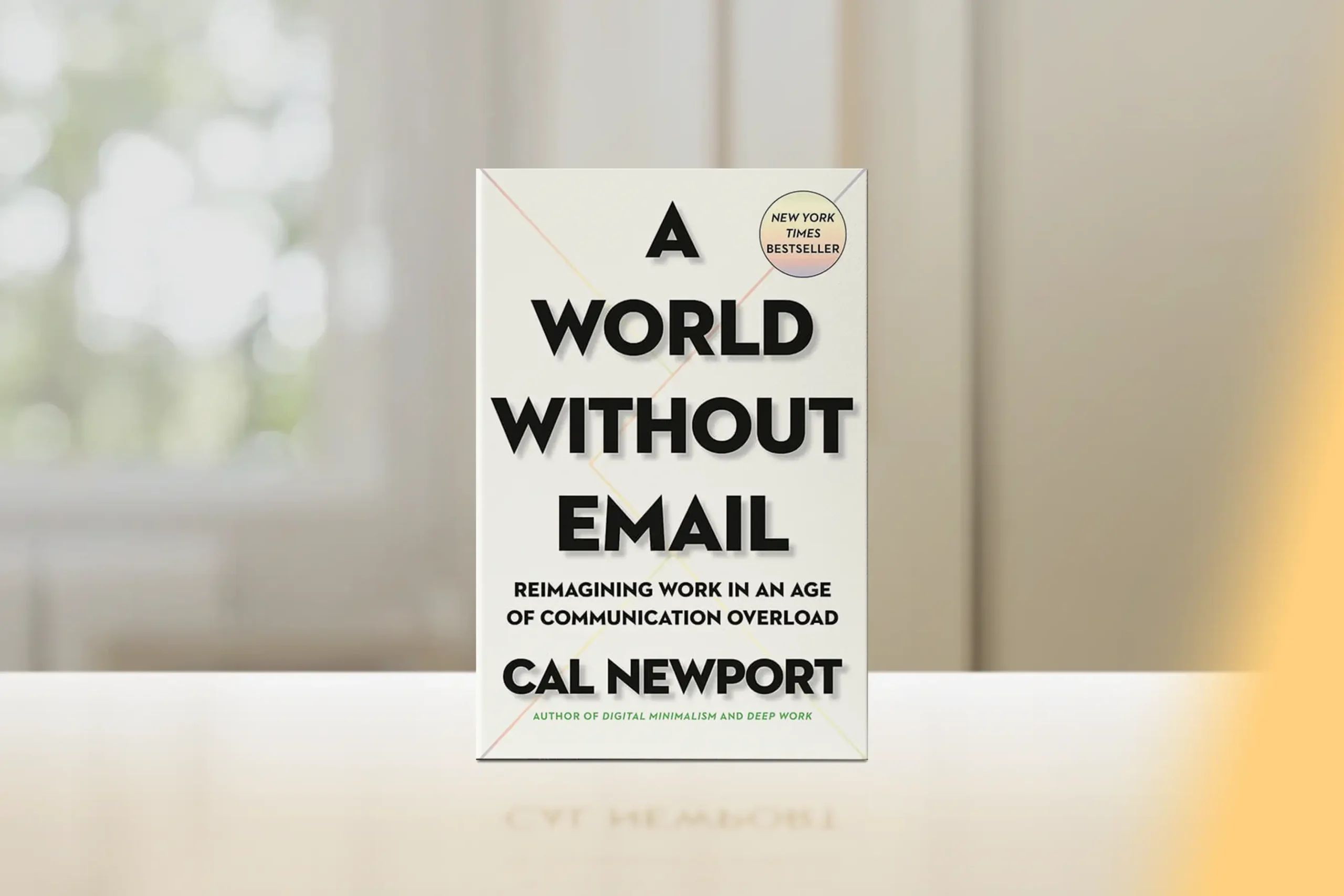Published in 2021, Cal Newport’s “A World Without Email” challenges the idea that constant digital communication is unavoidable. Newport, author of “Deep Work“, argues that the flood of emails and messages creates a “hyperactive hive mind,” leaving workers distracted, stressed, and less effective.
Rather than accepting email overload, Newport calls for redesigning collaboration. Real productivity gains come only when scattered communication is replaced with systems that protect focus and allow deep, meaningful work.
Core Concepts
The book is built around several transformative ideas that challenge our current work paradigm:
- The Hyperactive Hive Mind: Our current workflow is built on rapid-fire, unstructured digital communication that creates a constant state of divided attention
- Attention Capital: The importance of treating attention as a finite, valuable resource that needs to be protected and optimized for maximum productivity
- The Protocol-Based Approach: Implementing structured systems for different types of work that minimize ad-hoc communication and create clear expectations
- Workflow Design: Creating sustainable processes that reduce the need for constant communication while maintaining team coordination
- The Cost of Context Switching: Understanding the hidden productivity costs of constantly switching between tasks and communication channels
These concepts work together to help readers understand why email is problematic and how to create better systems for productive work.
Chapter-by-Chapter Review
Part 1: The Problem
Newport meticulously documents how email and instant messaging have created a chaotic work environment. He explains the concept of the “hyperactive hive mind” and its negative impact on productivity and cognitive function. Through detailed case studies, he demonstrates how our current communication practices lead to decreased productivity and increased stress.
Part 2: The Principles
The author introduces key principles for redesigning workflow, including:
- The importance of process-centric communication and how it differs from our current ad-hoc approach
- How to implement attention management through structured workflows
- Ways to measure and optimize workflow efficiency
- The role of specialized tools in supporting focused work
- Strategies for managing expectations and transitioning teams
Part 3: The Solutions
Newport provides practical solutions for reducing email dependency, including:
- Creating status board systems that provide visibility without requiring constant communication
- Implementing office hours and other structured communication times
- Developing specialized tools for specific tasks
- Setting up clear communication protocols
- Building feedback mechanisms to improve systems
Key Strengths
- Backed by extensive research and real-world case studies
- Provides practical, implementable solutions
- Addresses both individual and organizational change
- Offers a fresh perspective on a universal problem
Potential Drawbacks
- Some solutions may be challenging to implement in traditional corporate structures
- Requires significant organizational buy-in for full effectiveness
- May not be fully applicable to all industries or job roles
Who This Book Is For
This book is particularly valuable for:
- Knowledge workers struggling with email overload
- Managers looking to improve team productivity
- Organizations seeking to reform their communication culture
- Professionals interested in deep work and focused productivity
Final Review
“A World Without Email” is a compelling and timely manifesto for a better way of working. Newport doesn’t just highlight the problems with our current system; he provides actionable solutions for creating more productive and less stressful work environments.
The book’s greatest strength lies in its comprehensive approach to workplace transformation. Newport skillfully balances theoretical frameworks with practical implementation strategies, making the concepts accessible to both individuals and organizations. His solutions are adaptable to different contexts and can be implemented incrementally.
What sets this book apart is its focus on systemic solutions rather than individual productivity hacks. Newport recognizes that lasting change requires redesigning our work processes from the ground up.
Rating: 4.5/5
This book is an essential read for anyone seeking to break free from the chaos of constant connectivity and create more meaningful, productive work patterns.
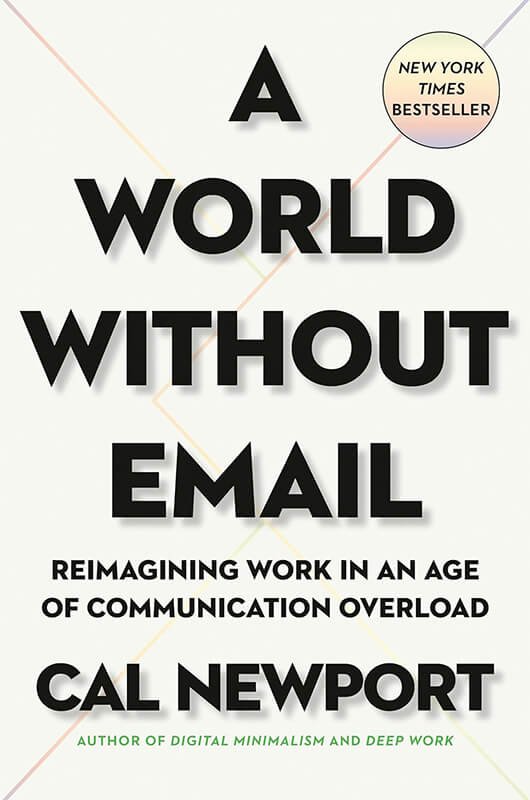
Alternative Books
For readers interested in similar topics, consider these highly-rated alternatives:
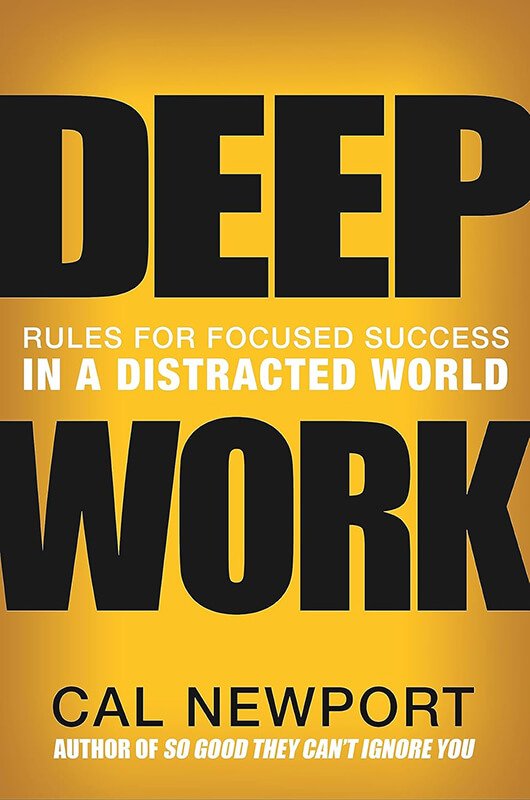
“Deep Work” by Cal Newport
A foundational text on the importance of focused work in a distracted world
Rating: 4.5/5
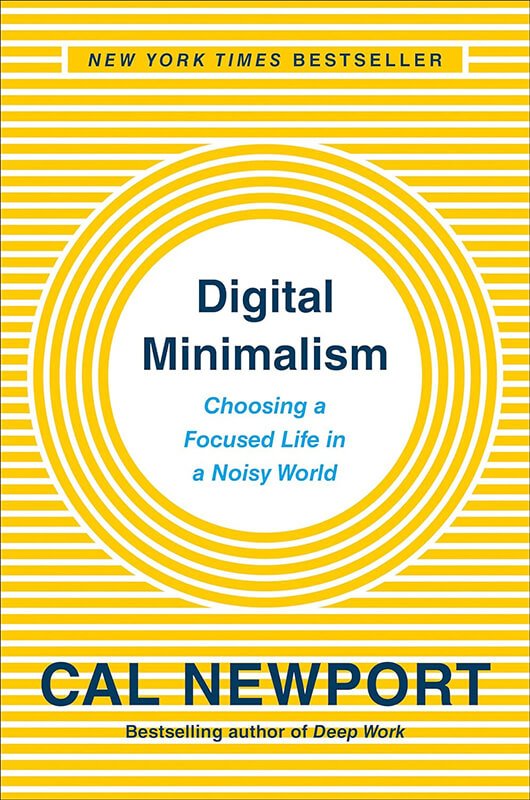
“Digital Minimalism” by Cal Newport
Explores how to be more intentional with digital technology use
Rating: 4.5/5
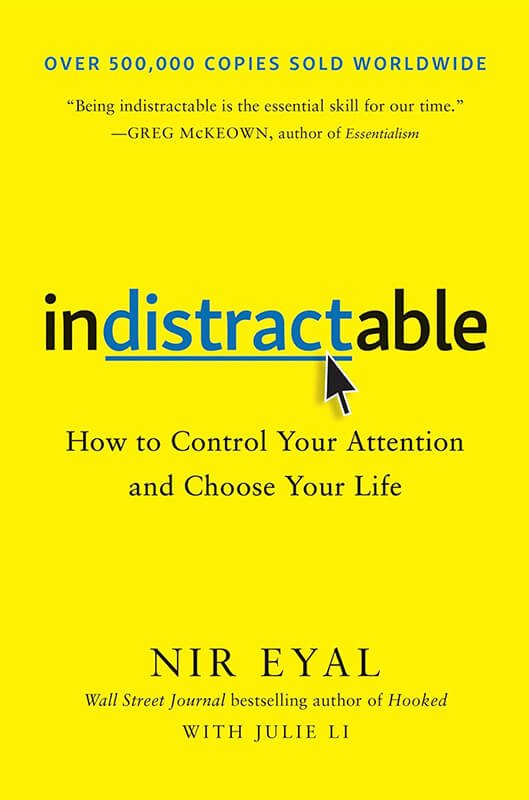
“Indistractable” by Nir Eyal
Offers strategies for maintaining focus and productivity in a world of digital distractions
Rating: 4.4/5

